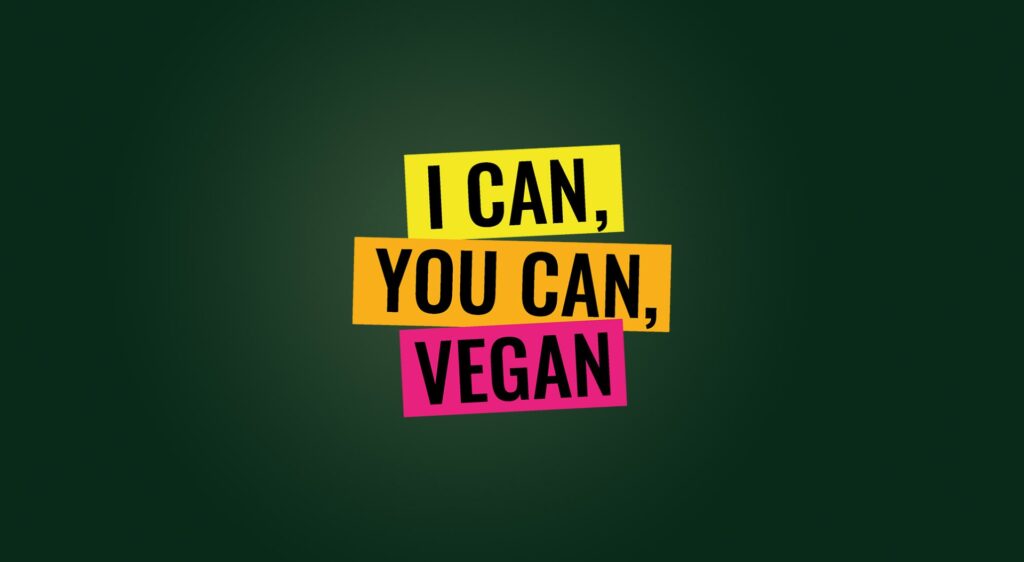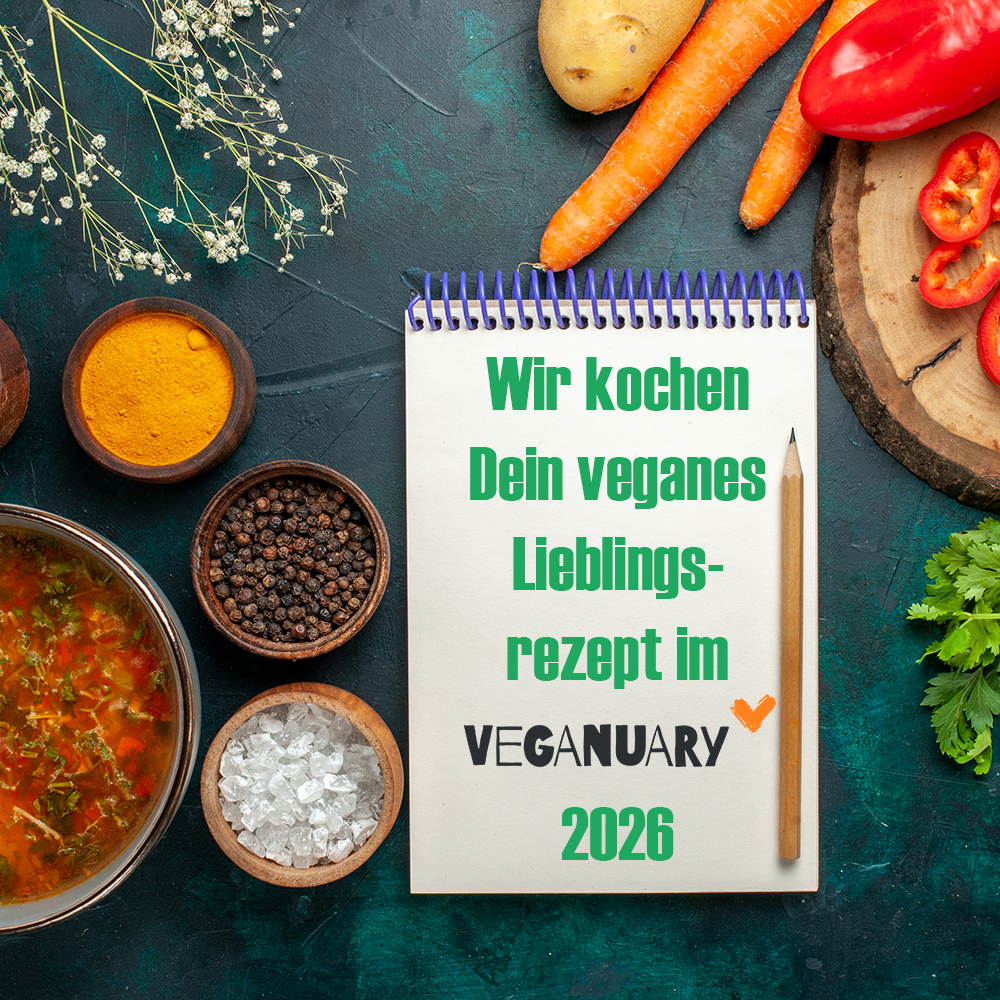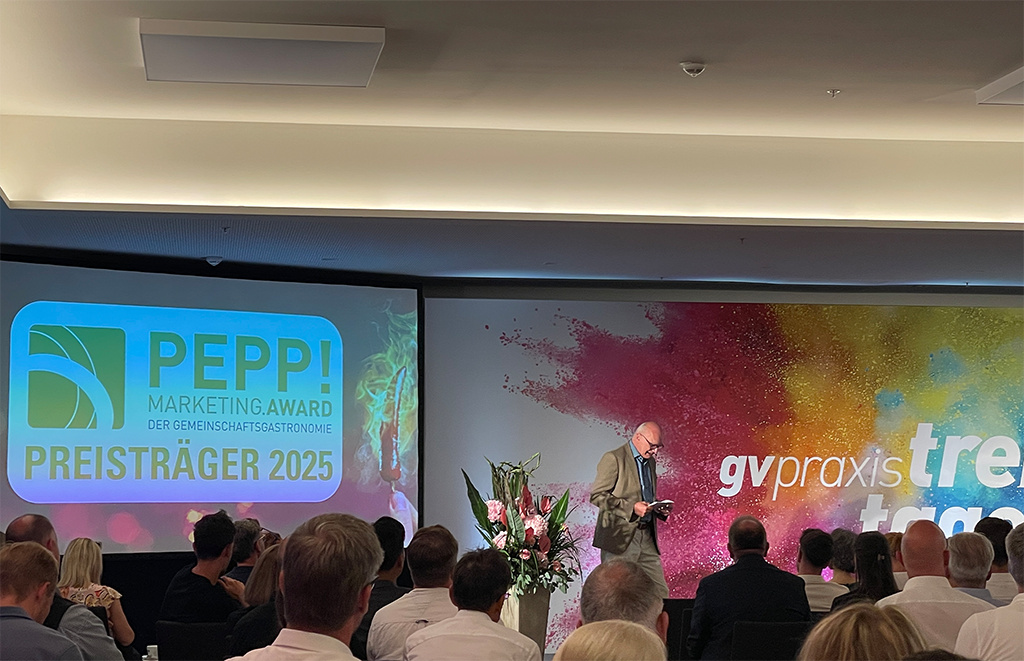Responsibility: Investing in the future
In today’s world, sustainability is more than just a buzzword – it’s a way of life. In the catering industry, this means using the best regional products, promoting environmentally friendly practices and strengthening the local community. We show you how top chefs and restaurateurs are finding innovative ways to create delicious meals that are in harmony with nature.
Our three areas of activity
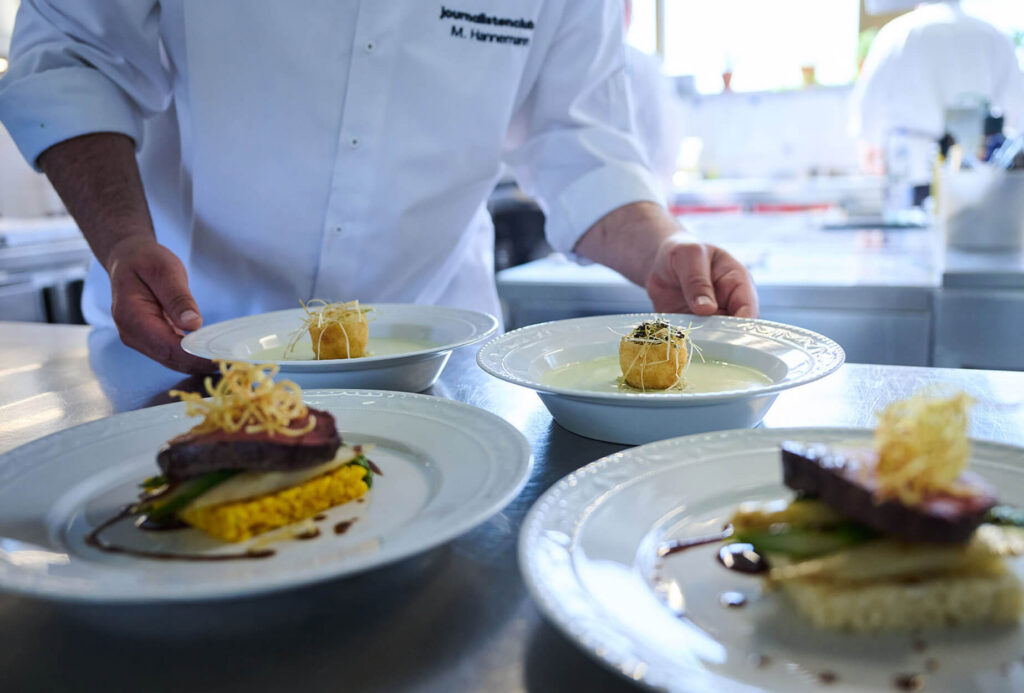
products
In addition to our efforts to promote healthy eating with our dishes, we are actively committed to greater sustainability. We inform our customers about our efforts and encourage them to participate as well.
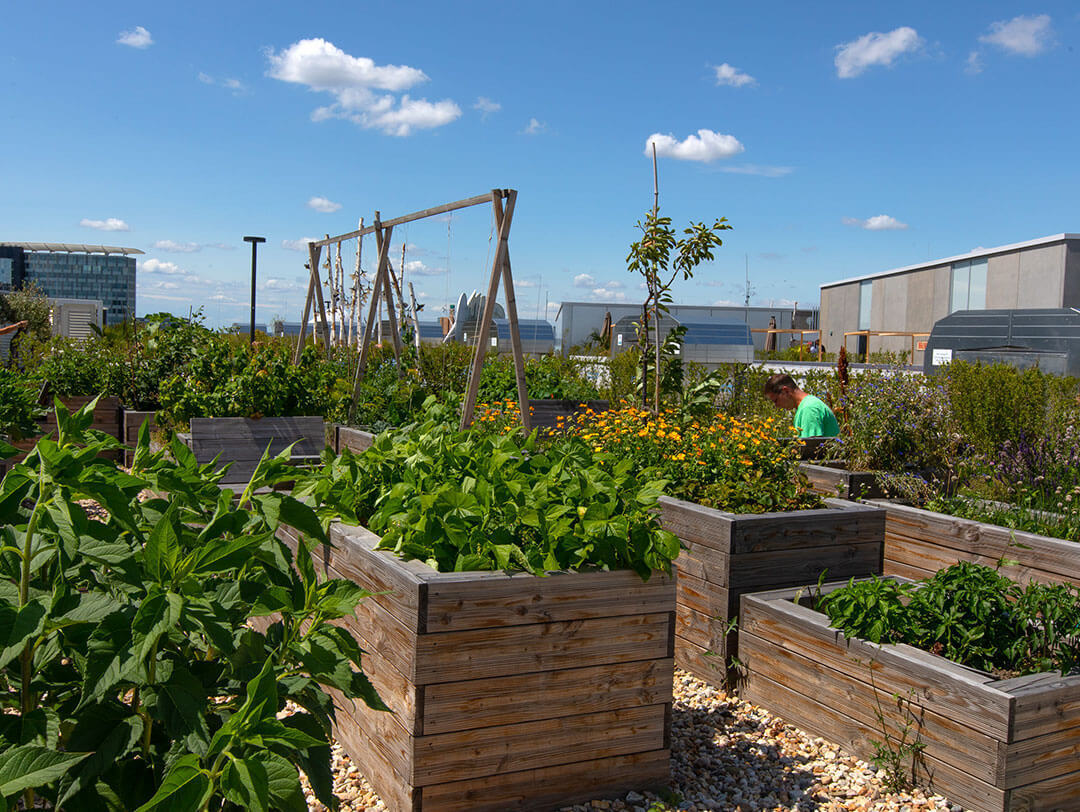
Environment
We want to reduce our greenhouse gas emissions along the entire value chain and contribute to the protection and preservation of ecosystems – on land and in water – through the circular use of resources.
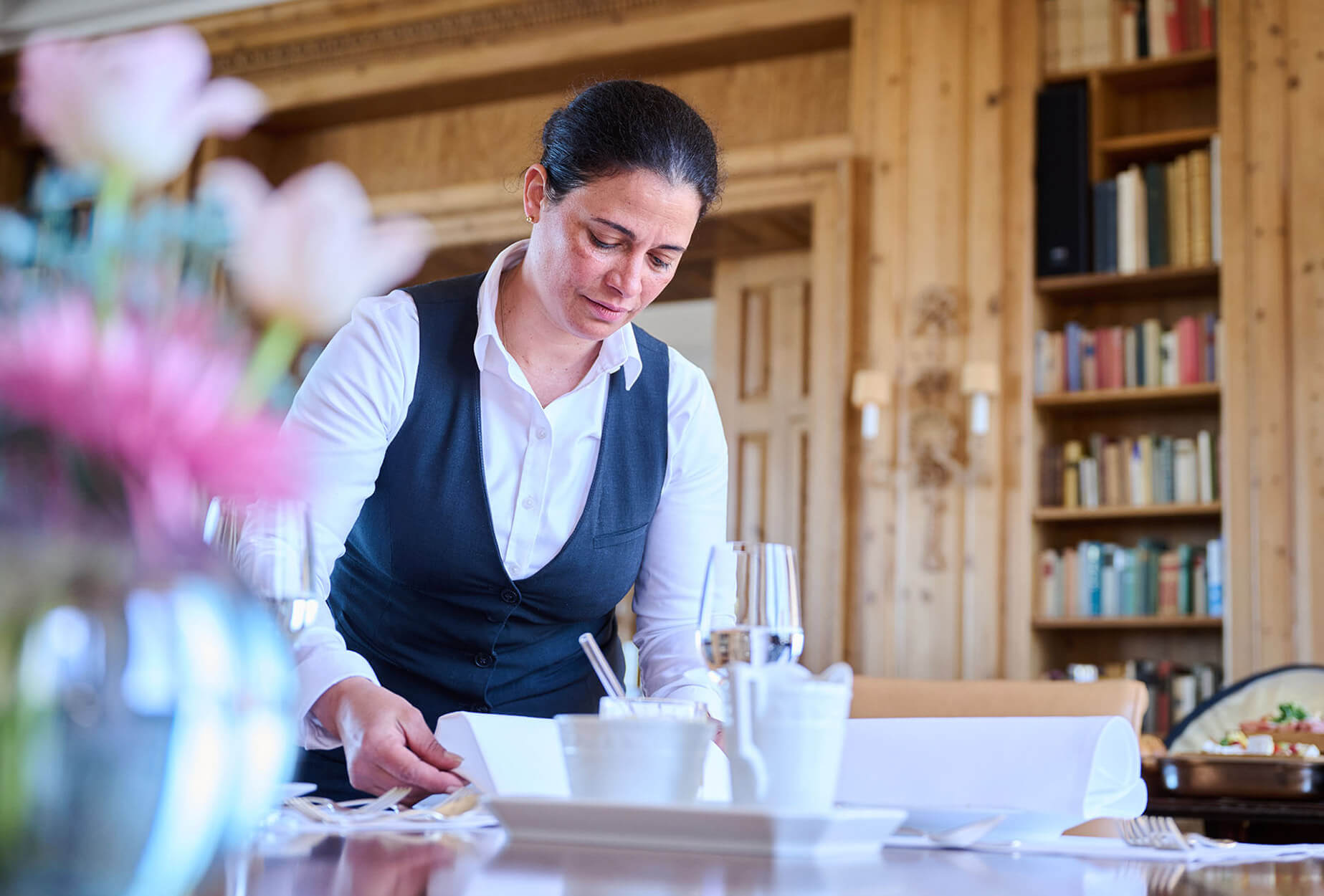
people
Our vision is a world where we all feel comfortable in our own skin. This begins at our workplace and extends through our supply chains to the local communities where we implement projects.
We have developed five corporate principles that guide our actions:
Continuous alignment of our services to the needs and expectations of our customers
Permanent entrepreneurial thinking and economic action by all employees
Further development of all employees – from promoting young talent to securing the future
Creating scope for new ideas and the courage to implement them
Consideration of sustainability in our actions
Our goals
The aim in the catering industry is to significantly reduce CO2 emissions by 2024.
- to reduce CO2 emissions by at least 12% to 1,150 tons by 2024
- Steady increase in the range of non-animal dishes and products
- We implement projects to reduce food waste.
- Exclusively reusable solutions: For meals, guests can take their food away in Tiffin Loop’s stainless steel containers. We charge a fee for disposable bagasse packaging.
- We are planning to make even greater selective use of regional foods.
The UN's Sustainable Development Goals for 2030.
With the Sustainable Development Goals adopted in 2015, the international community, under the umbrella of the United Nations, committed itself to 17 global goals for a better future, to be achieved by 2030.
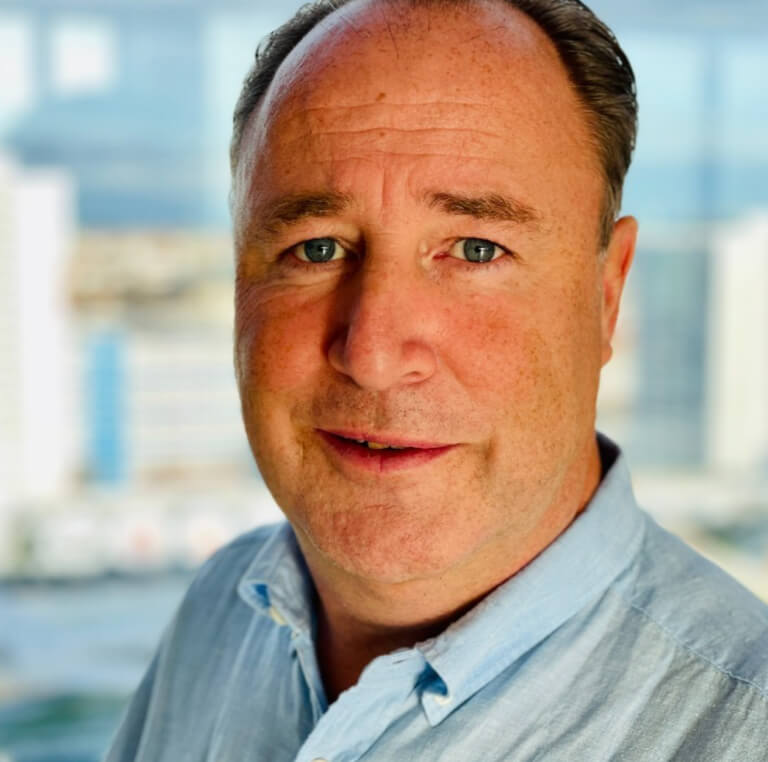
“Together, we strive to incorporate sustainability into our actions. In doing so, we want to be economically successful by integrating ecological and social values into our products and services. Our goal is to create added value for society.”
– Lars Tretzack, Managing Director
Our blog: We talk sustainability
Apprentices, interns, chefs, service staff, kitchen assistants, cashiers, controllers, buyers, HR specialists and IT experts all work here. Only you are missing!


